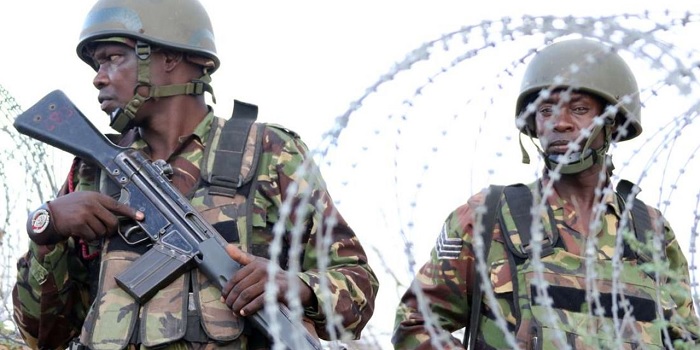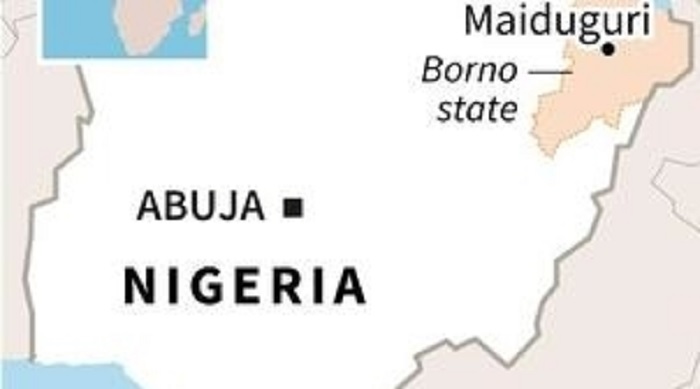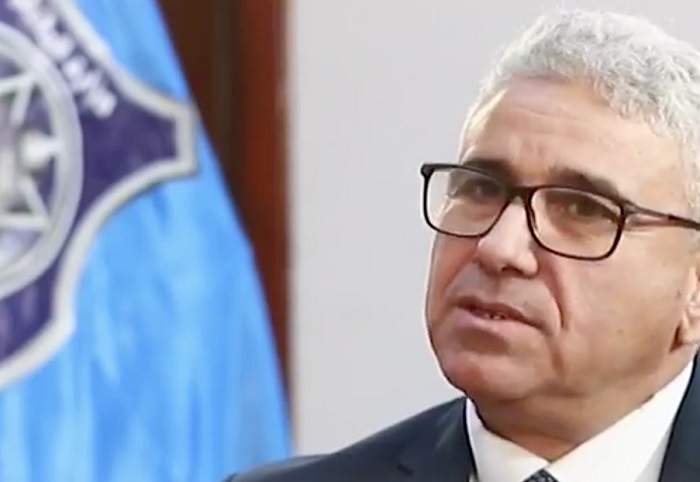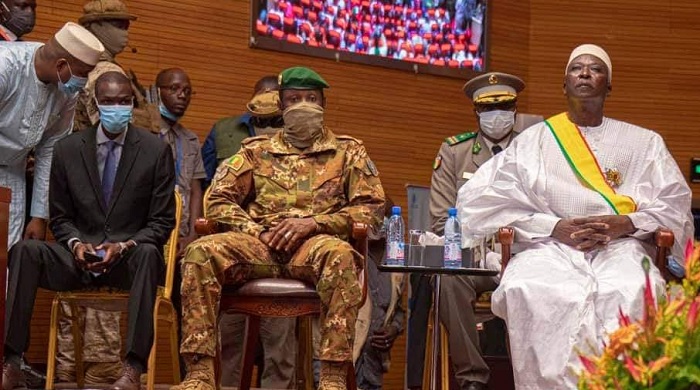Somali, Kenyan troops exchange gunfire at shared border

What you need to know:
The incident took place at the frontier between the Somali town Bula Hawo and Kenya’s Mandera.

What you need to know:
The incident took place at the frontier between the Somali town Bula Hawo and Kenya’s Mandera.

The death toll from a jihadist attack on the convoy of the regional governor in northeast Nigeria has risen to 30, security sources said Saturday.
After leading a coup against a democratically elected government, junta leader Colonel Assimi Goïta has attempted to rehabilitate the image of military government in Mali.

The Minister of the Interior of the Government of National Accord (GNA), Fathi Bashaga, held discussions with the Dutch ambassador to Libya, Lars Toomer on Friday, regarding plans to establish professional security coordination and opportunities for joint cooperation in the field of security training.
The Algerian Newspaper Al-Hiwar, on Friday, reported that a number of African countries had refused to accept the naming of the Bulgarian, Nickolay Mladenov, as the new United Nations (UN) envoy to Libya.

Aussi Bizarre et saugrenu que cela puisse paraitre, c’est la première fois que le Mali a à sa tête un président et un vice-président. Une première dans l’histoire du Mali indépendant. Le colonel-Major à la retraite, Bah N’Daw, devient Président de la transition, et son cadet d’une trentaine d’années, le colonel Assimi Goïta, président du CNSP, devient son vice-président.
The Islamic State group has claimed responsibility for killing six French aid workers, their driver and a local guide in a wildlife park in Niger last month.
An air defense system that was available to the forces of the Government of the National Accord [GNA] of Libya shot down a helicopter carrying Russian mercenaries from the private paramilitary company Wagner.
Les Nord-Africains sont les plus nombreux à arriver en Italie, via la route dite de la Méditerranée centrale, soit la route migratoire la plus meurtrière au monde. Tunisiens et Algériens en tête, mais de plus en plus de Libyens tentent la périlleuse traversée de la Méditerranée.
Aguila Saleh, le chef du Parlement basé à Tobrouk et le maréchal Khalifa Haftar commandant de l’Armée nationale libyenne ont effectué une visite au Caire ce mercredi 23 septembre. Les deux responsables y ont rencontré le président égyptien al-Sissi. Le Caire œuvre à un rapprochement entre les deux personnalités influentes à l’est libyen, avant la reprise des discussions prévues dimanche 27 septembre au Maroc et le mois prochain à Genève.